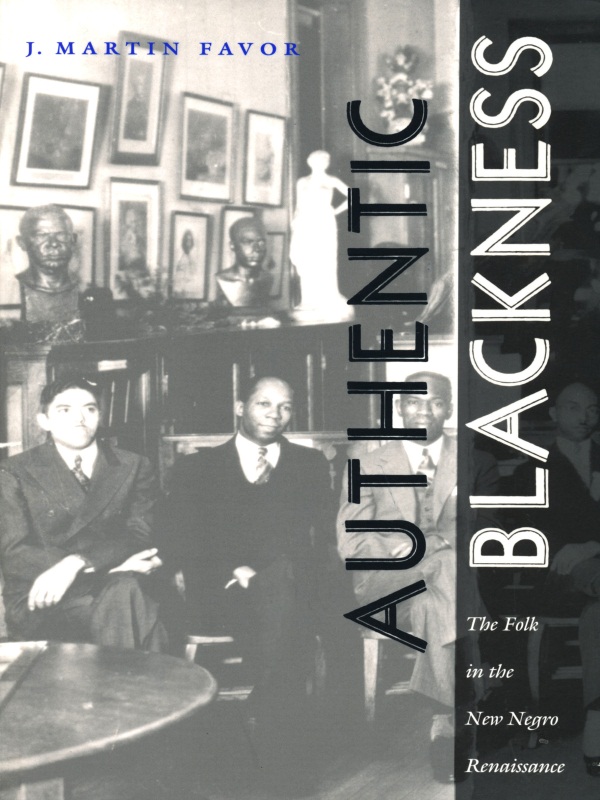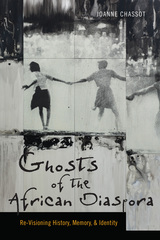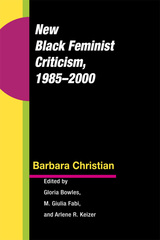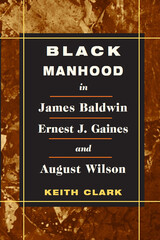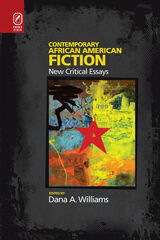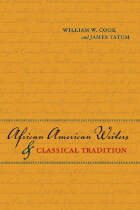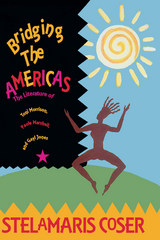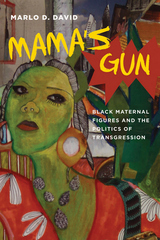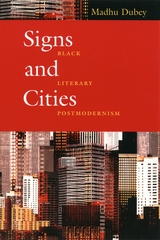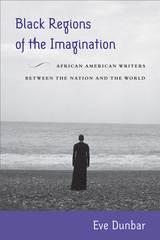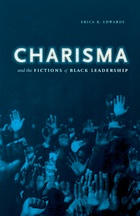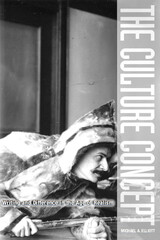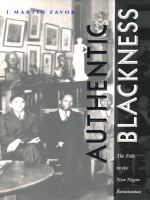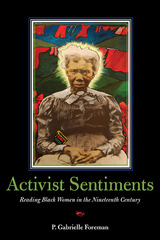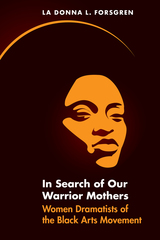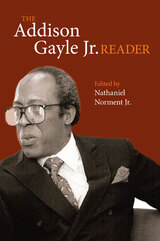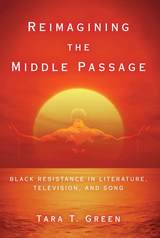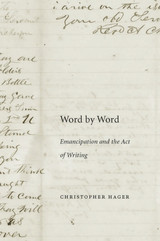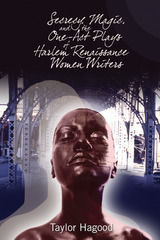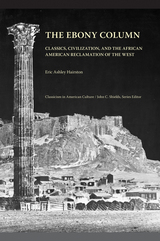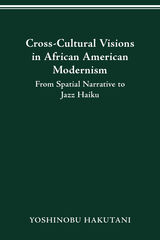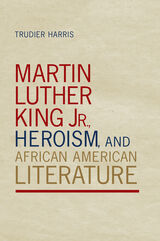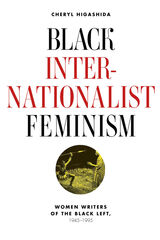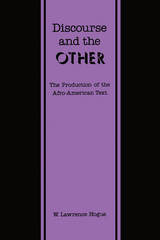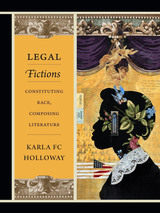Authentic Blackness: The Folk in the New Negro Renaissance
Duke University Press, 1999
Paper: 978-0-8223-2345-7 | Cloth: 978-0-8223-2311-2 | eISBN: 978-0-8223-7951-5
Library of Congress Classification PS153.N5F38 1999
Dewey Decimal Classification 810.9896073
Paper: 978-0-8223-2345-7 | Cloth: 978-0-8223-2311-2 | eISBN: 978-0-8223-7951-5
Library of Congress Classification PS153.N5F38 1999
Dewey Decimal Classification 810.9896073
ABOUT THIS BOOK | AUTHOR BIOGRAPHY | REVIEWS | TOC | REQUEST ACCESSIBLE FILE
ABOUT THIS BOOK
What constitutes “blackness” in American culture? And who gets to define whether or not someone is truly African American? Is a struggling hip-hop artist more “authentic” than a conservative Supreme Court justice? In Authentic Blackness J. Martin Favor looks to the New Negro Movement—also known as the Harlem Renaissance—to explore early challenges to the idea that race is a static category.
Authentic Blackness looks at the place of the “folk”—those African Americans “furthest down,” in the words of Alain Locke—and how the representation of the folk and the black middle class both spurred the New Negro Movement and became one of its most serious points of contention. Drawing on vernacular theories of African American literature from such figures as Henry Louis Gates Jr. and Houston Baker as well as theorists Judith Butler and Stuart Hall, Favor looks closely at the work of four Harlem Renaissance fiction writers: James Weldon Johnson, Nella Larsen, George Schuyler, and Jean Toomer. Arguing that each of these writers had, at best, an ambiguous relationship to African American folk culture, Favor demonstrates how they each sought to redress the notion of a fixed black identity. Authentic Blackness illustrates how “race” has functioned as a type of performative discourse, a subjectivity that simultaneously builds and conceals its connections with such factors as class, gender, sexuality, and geography.
Authentic Blackness looks at the place of the “folk”—those African Americans “furthest down,” in the words of Alain Locke—and how the representation of the folk and the black middle class both spurred the New Negro Movement and became one of its most serious points of contention. Drawing on vernacular theories of African American literature from such figures as Henry Louis Gates Jr. and Houston Baker as well as theorists Judith Butler and Stuart Hall, Favor looks closely at the work of four Harlem Renaissance fiction writers: James Weldon Johnson, Nella Larsen, George Schuyler, and Jean Toomer. Arguing that each of these writers had, at best, an ambiguous relationship to African American folk culture, Favor demonstrates how they each sought to redress the notion of a fixed black identity. Authentic Blackness illustrates how “race” has functioned as a type of performative discourse, a subjectivity that simultaneously builds and conceals its connections with such factors as class, gender, sexuality, and geography.
See other books on: African Americans in literature | Group identity in literature | Harlem (New York, N.Y.) | Harlem Renaissance | Race in literature
See other titles from Duke University Press
